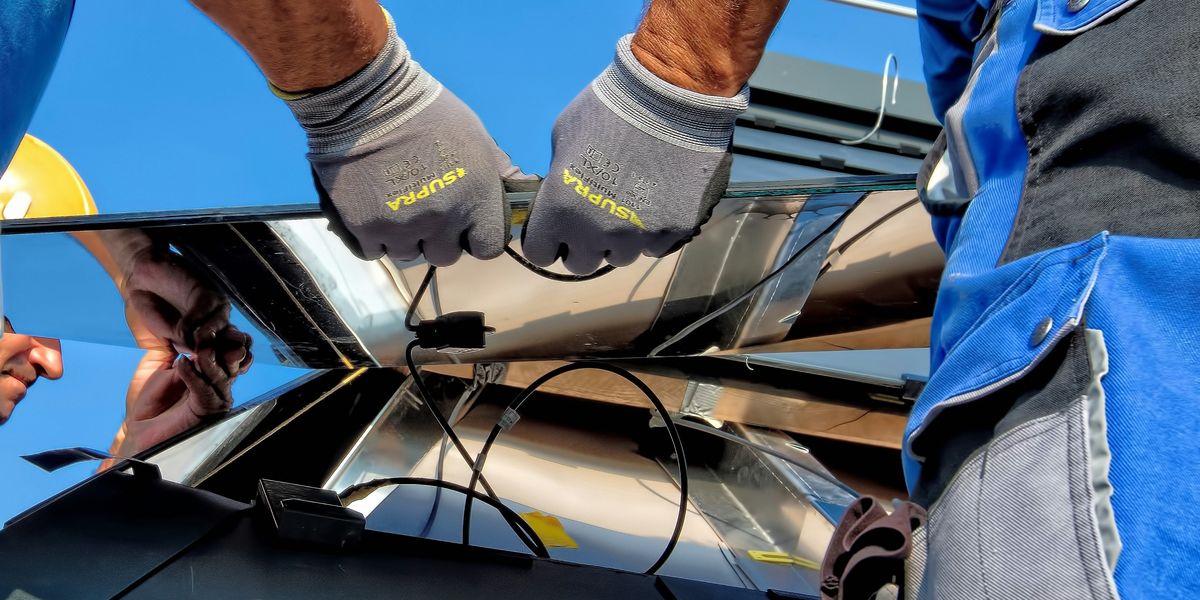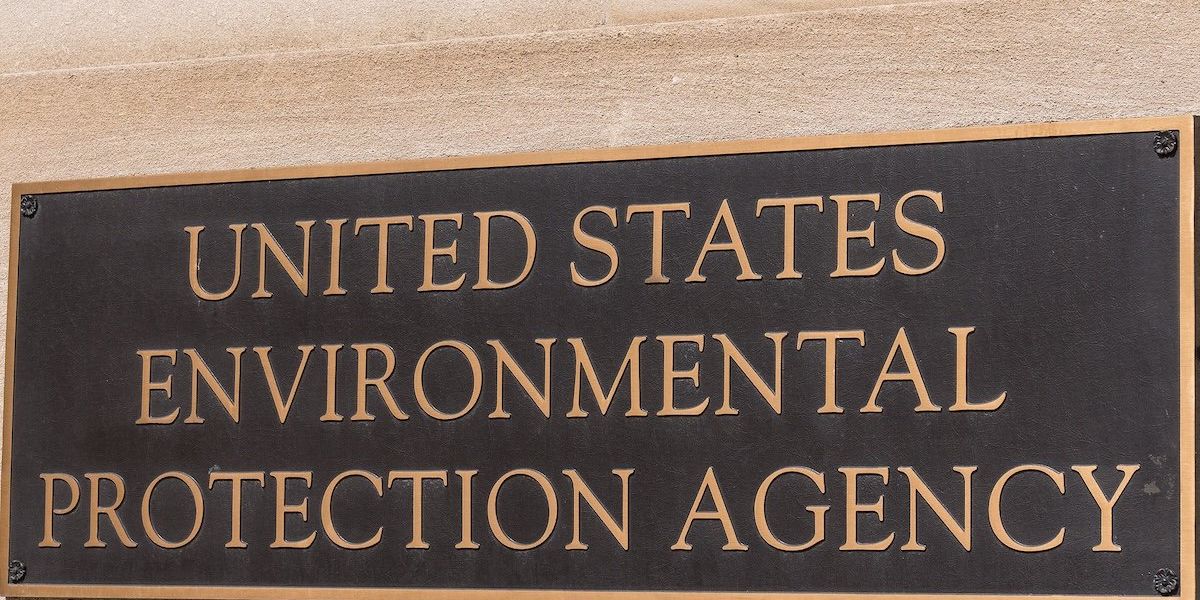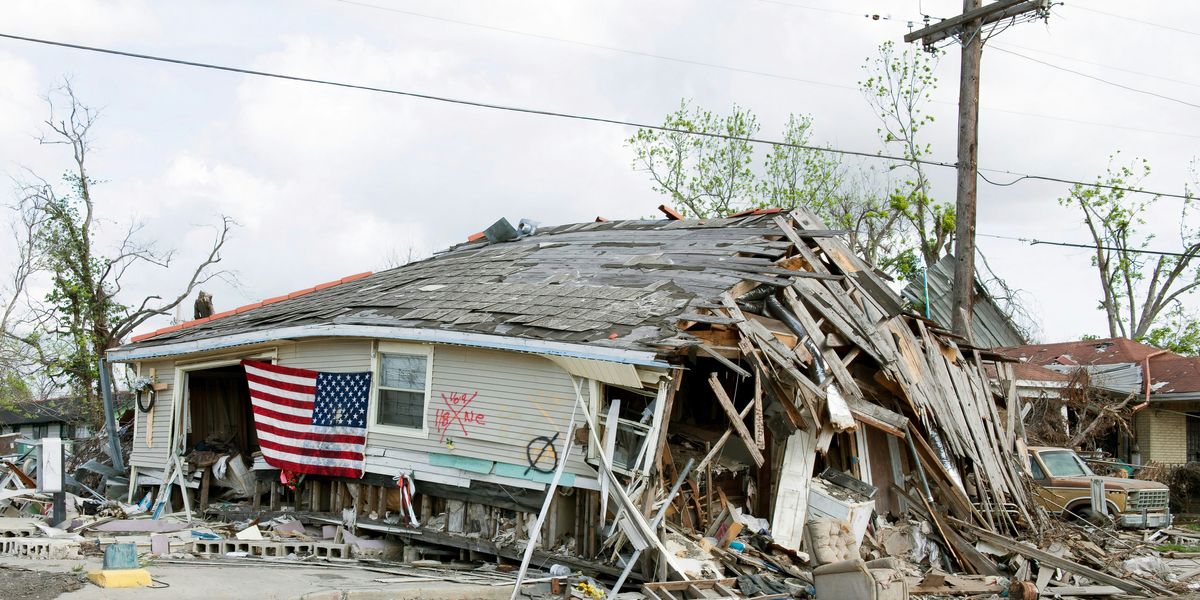london
London expands car fees to cut air pollution
New data shows London’s expanded low-emissions zone significantly reduced harmful emissions, proving effective in improving air quality.
In short:
- London’s Ultra Low Emission Zone (ULEZ) expansion cut particulate matter by 22% and nitrogen oxide by 21% in outer London.
- Mayor Sadiq Khan faced political backlash but won re-election, showing public support for the policy.
- The ULEZ is expected to reduce fee collections as more vehicles comply with emissions standards.
Key quote:
“The decision to expand the ULEZ was a difficult one, but the right one.”
— Sadiq Khan, Mayor of London
Why this matters:
Reducing emissions in urban areas can improve public health by decreasing respiratory issues like asthma. Successful implementation in London may encourage other cities to adopt similar measures, aiding global efforts to combat climate change.
London mayor to intensify climate policies despite opposition
London Mayor Sadiq Khan has vowed to continue his aggressive climate policies in the face of political resistance and criticism.
In short:
- Sadiq Khan emphasized his commitment to climate action at a Vatican conference, despite facing significant opposition, particularly from Conservative politicians.
- He highlighted the Ultra Low Emission Zone (Ulez) expansion as a major environmental achievement but also acknowledged the political challenges and misinformation campaigns against it.
- Critics, including the Greens, accused Khan of compromising on broader climate initiatives during his election campaign, despite his pledge to meet net zero targets by 2030.
Key quote:
"This is a moment which demands the courage to take decisions, meet responsibilities and find a way."
— Sadiq Khan, Mayor of London
Why this matters:
While Khan’s climate measures have been praised by environmental advocates for their potential to improve air quality and combat climate change, they have also sparked controversy. Critics argue that the initiatives can impose financial burdens on residents and businesses, particularly during economic hardships. Khan’s stance may reflect a growing recognition among global leaders that the climate crisis demands immediate and decisive action.
From London to New York: Can quitting cars be popular?
Meet Europe’s biggest loser in the war on cars
Sadiq Khan in U-turn on ‘eco’ wood-burners amid pollution fears
The Guardian reporters Jon Ungoed-Thomas and Skyler King write that the mayor of London, Sadiq Khan, has withdrawn his endorsement of wood-burning stoves promoted as “environmentally friendly” after a surge in sales of the appliances, which contribute to harmful air pollution.
In a nutshell:
In 2018, Khan endorsed Ecodesign stoves to encourage households to switch from open fires and older stoves, but their emissions of toxic particulate matter have raised health concerns. Domestic wood burning has increased significantly, resulting in more small particle pollution than all road traffic in the UK, contributing to respiratory and cardiovascular diseases. The mayor's decision comes as part of his commitment to tackle air pollution and the climate crisis in London.
Key quote:
A spokesperson for the mayor said: “The mayor has made it one of his top priorities to tackle the twin dangers of London’s air pollution and the climate crisis.
The big picture:
Exposure to PM2.5 particulate matter emitted by wood-burning stoves poses significant health risks. These tiny particles can penetrate deep into the lungs, leading to respiratory and cardiovascular diseases. The harmful effects of PM2.5 have been linked to premature deaths, and concerns have been raised over the increasing levels of wood-burning emissions in urban areas. Health experts emphasize the need for proper awareness and regulation to address the health implications of using wood-burning stoves.
Read the article at The Guardian.
Around the world, nearly three billion people rely on solid fuels (primarily wood, dung, crop residues, and charcoal) to meet cooking and heating needs. The resulting pollution is estimated to account for three million premature deaths per year, largely from pneumonia in children, writes Misbath Daouda.
Labour candidate speaks out against Sadiq Khan’s ULEZ expansion
The Guardian's Adam Forrest writes about Uxbridge byelection hopeful Danny Beales' split with the London mayor: ‘Not right time’ for low emission scheme.
In a nutshell:
Labour candidate Danny Beales has criticized London mayor Sadiq Khan's plan to expand the Ultra Low Emission Zone scheme throughout the city. Beales argued that the cost of living crisis makes it the wrong time to extend the charge on drivers, as many would struggle to afford upgrading their vehicles or paying the daily fee. While Khan defends the expansion as necessary to combat air pollution, Beales believes that more support for struggling families and a comprehensive scrappage scheme should be implemented before extending the ULEZ.
Key quote:
“There are children in our city with stunted lungs, permanently, because of air pollution,” said Sadiq Khan.
The big picture:
Air pollution in London disproportionately affects marginalized populations, exacerbating existing social inequalities. Studies have shown that areas with higher levels of pollution tend to be populated by low-income communities, often with a higher proportion of ethnic minorities. These communities face a higher risk of respiratory illnesses and other health issues associated with poor air quality. The proposed expansion of the Ultra Low Emission Zone scheme to outer London aims to address this issue by targeting high-pollution areas and encouraging the use of cleaner vehicles. By implementing the ULEZ, the city aims to improve the air quality in these marginalized communities and reduce the health disparities caused by pollution.
Read more at The Guardian.
As with London, poor and minority neighborhoods in the U.S. see higher rates of deaths from air pollution. Be sure to read Kristina Marusic's piece about pollution in Allegheny County and its effects on health outcomes.



















